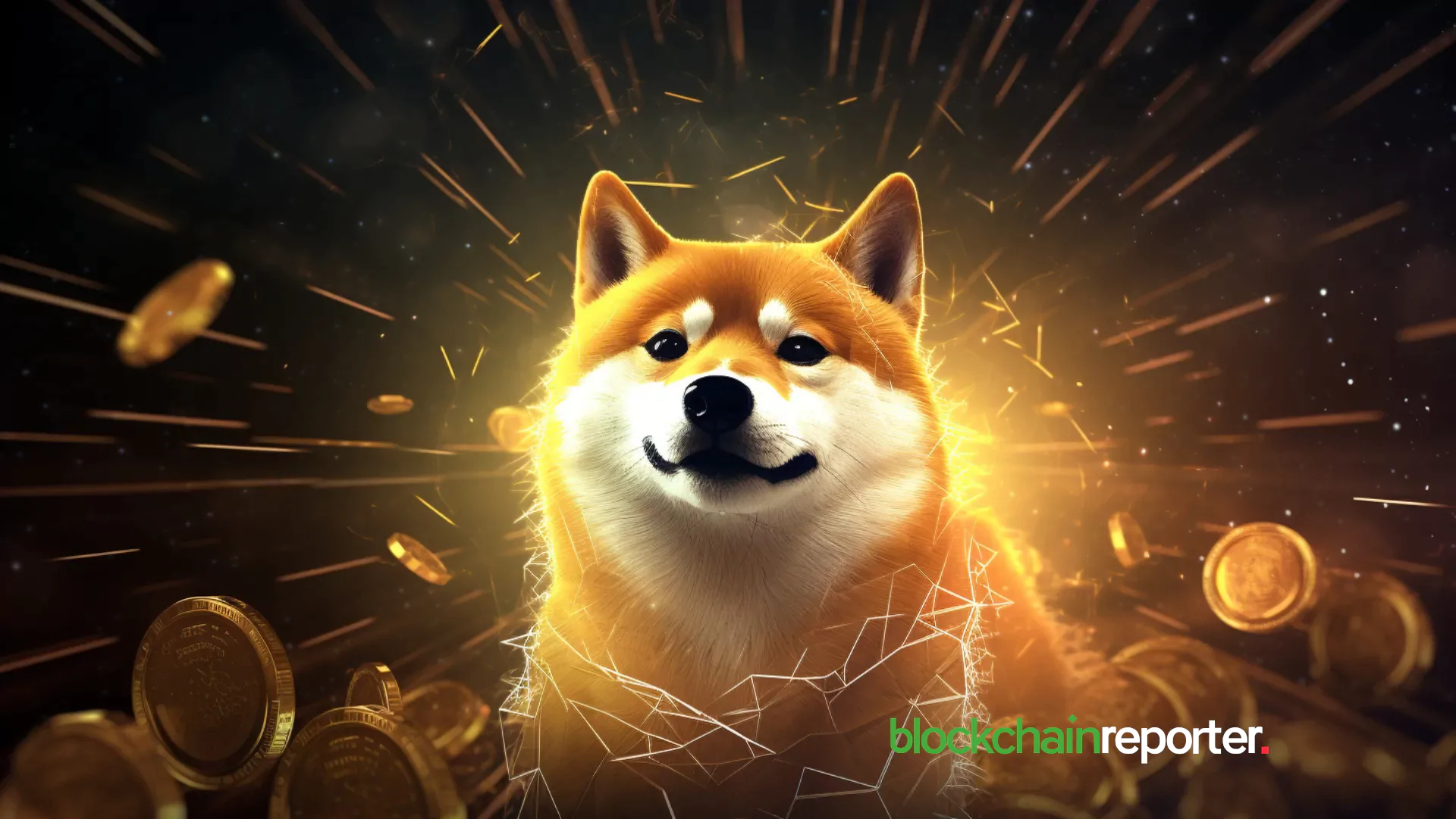
Dogecoin Ownership Decentralizes as Whales Relinquish Dominance
In recent months, the Dogecoin market has witnessed a significant reshuffling of ownership dynamics. Large holders, known as "whales," have been reducing their control over the circulating supply. This shift marks a notable trend towards increased decentralization within the Dogecoin ecosystem.
While this trend may impact the asset's liquidity and market structure, it has also led to greater distribution, with retail investors now holding a more significant share. This shift is reflected in data from leading blockchain analytics firm IntoTheBlock.
Declining Whale Dominance
IntoTheBlock's data reveals that the percentage of Dogecoin held by wallets owning more than 0.1% of the circulating supply has decreased from 45.3% to 41.3% over the past 12 months. This decline indicates a gradual transfer of ownership to retail and mid-range investors.
Market Impact and Outlook
As ownership becomes more distributed, the dynamics of the Dogecoin market are shifting. Whales previously had the ability to influence prices through large buy or sell orders. However, with a broader ownership base, the market becomes less susceptible to such manipulation.
This redistribution trend coincides with a turbulent period for Dogecoin amidst a broader crypto market downturn. While the redistribution may reduce price manipulation by whales, it also introduces the potential for increased volatility due to retail investors' emotional decision-making.
Future Implications
IntoTheBlock's report also highlights the wider implications of this ownership shift. It could reinvigorate community support for Dogecoin, potentially driving value appreciation in the future. Moreover, a broader ownership base may foster stronger and more resilient communities, enhancing stability and growth in the long term.


 TheCoinrise Media
TheCoinrise Media DogeHome
DogeHome CoinoMedia
CoinoMedia COINTURK NEWS
COINTURK NEWS Cryptopolitan_News
Cryptopolitan_News Optimisus
Optimisus TheCoinrise Media
TheCoinrise Media Crypto News Land
Crypto News Land crypto.news
crypto.news






















